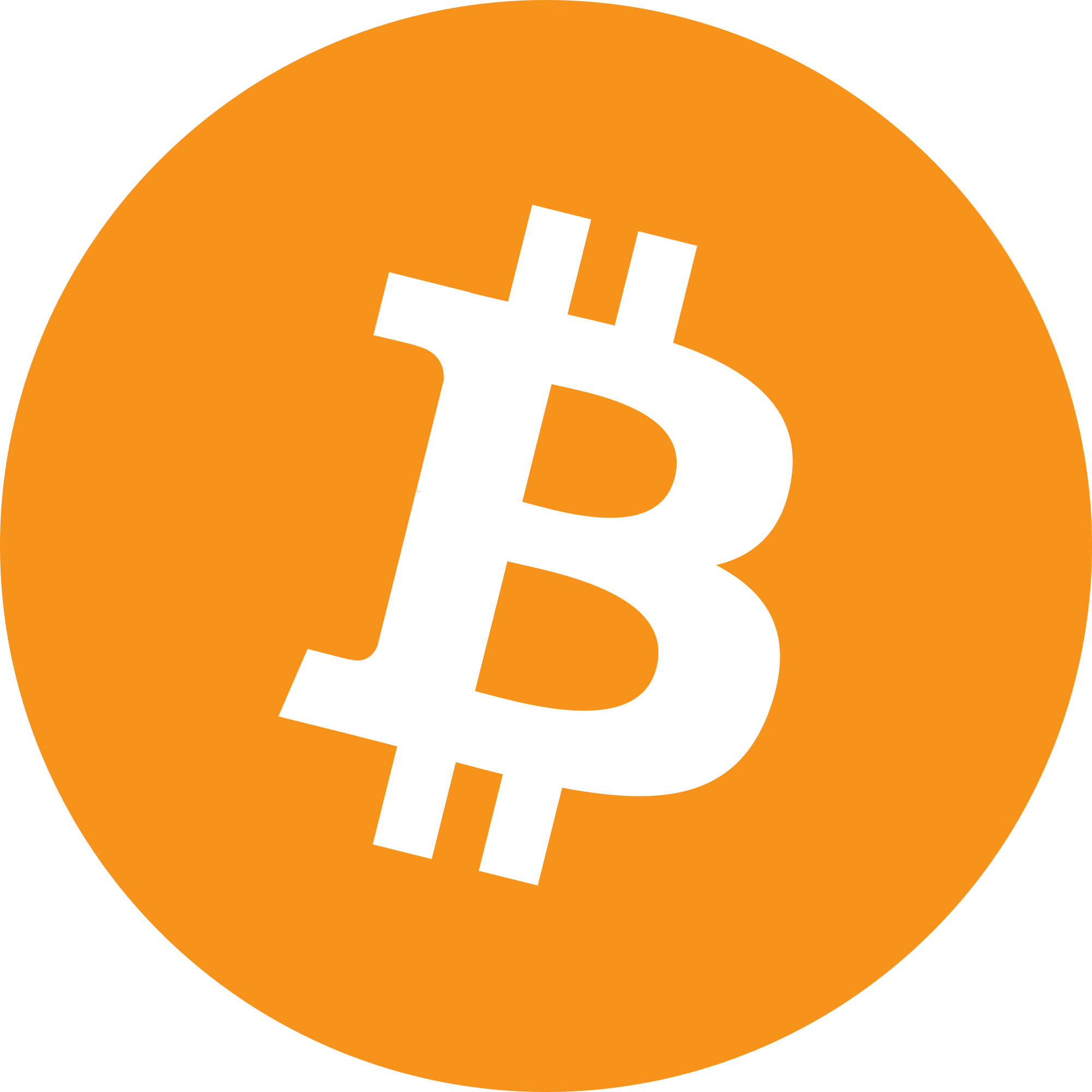Instant Bitcoin delivery
Bitcoin is delivered directly to the wallet you choose. No release delays. No holding periods.
Deposit cash at trusted retail stores, use a debit or credit card, or fund from your bank. Bitcoin is sent directly to the wallet you control.
No custody. No hidden spreads. You approve every transaction before it moves.
One account that supports cash, cards, bank transfers, and ATMs. You see timing and details before confirmation. Bitcoin is delivered directly to the wallet you choose.
Reviews collected and hosted by Trustpilot — an independent third-party review platform.
The dollar loses purchasing power over time as supply expands. Bitcoin's supply is fixed at 21 million, a hard limit written into its protocol. The result is a monetary system that cannot be inflated away.
Inflation doesn't have to feel dramatic to be expensive. If prices rise while cash stays the same, purchasing power declines. Bitcoin exists because people wanted a monetary system with a predictable, unalterable supply rule.
We make Bitcoin access practical. Use in-store cash deposits, cards, bank transfers, or Bitcoin ATMs, whatever fits your situation. You see all details before confirmation. Bitcoin is delivered directly to the wallet you choose.
Ready to protect your purchasing power?
No custody. Direct wallet delivery. Support available by text and email.
Crypto Dispensers is designed for people who want direct Bitcoin access without custody risk, platform delays, or confusion.
Bitcoin is delivered directly to the wallet you choose. No release delays. No holding periods.
We never hold your Bitcoin. Ownership is immediate and direct.
Deposit cash at trusted retail locations. Skip bank delays and reversals.
Cash, cards, ACH, wires, and ATMs under a single login.
U.S.-based support by text and email. No bots. No scripts.
We help you choose the right method based on timing and amount.
A $25 Bitcoin credit is automatically applied after your first qualifying in-store cash deposit.

The more you fund your account, the more Bitcoin you can buy and the better your pricing becomes.
As your total deposits increase, we credit your balance with additional funds. Those credits can be used immediately to buy Bitcoin.
Your monthly deposit volume determines your pricing. Deposit more in a given month and your rate improves automatically.
Clear, plain English answers to questions people ask before buying Bitcoin in the United States. Learn about cash options, cards, bank transfers, delivery, and timing.
You can buy Bitcoin with cash using in store retail deposits at participating locations or by using a Bitcoin ATM.
A bank account is not required for cash, debit cards, credit cards, or Bitcoin ATMs.
Yes. Debit and credit card purchases are supported depending on issuer rules.
Card purchases are typically delivered shortly after authorization.
ACH moves funds electronically from your bank using U.S. banking rails.
ACH transfers usually settle within one to three business days.
Bitcoin is sent directly to the wallet address you provide.
Transactions are processed through regulated payment networks and compliance controls.
Only complete Bitcoin transactions for yourself.
Whether you are new to Bitcoin or just want clarity before you start, our team is here to help. No bots. No scripts. Just clear answers.


Start with cash. End with Bitcoin.
We use cookies to support security, compliance, and a reliable experience. By continuing, you agree to our use of cookies. Privacy policy